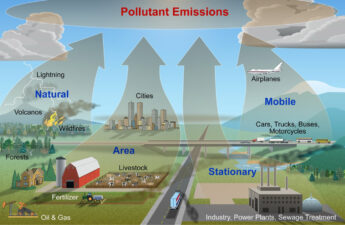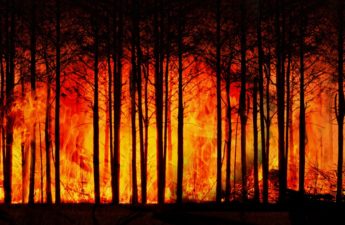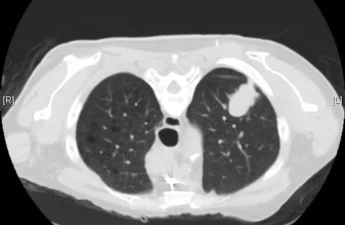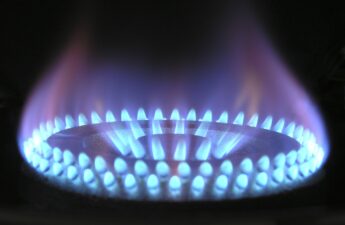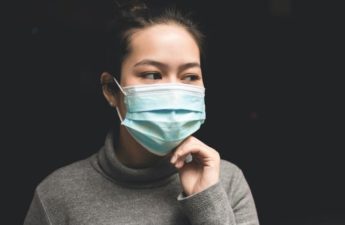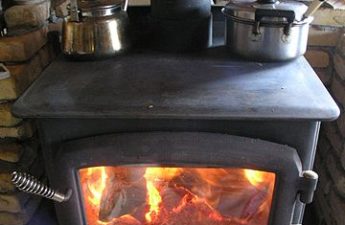Category: Lungs
What are the health costs of air pollution, and what can we do about it?
Have you ever noticed the hazy smog that hangs over cities or the lingering smell of exhaust fumes from traffic? These are just a few noticeable signs of air pollution, a threat that can have a significant effect on our health and well-being.
TIPS FOR CLEAN AIR INDOORS ON SMOKY DAYS: A PUBLIC HEALTH COMIC
Comic by Meredith Li-Vollmer from Public Health — Seattle & King County
How to Prepare for an Early and Long 2023 Wildfire Season in King County
his year, wildfire smoke is forecast to start early in King County and last into the fall. Record-setting forest fires have already darkened skies in Canada and the eastern U.S., and our region is set to be next. By preparing now, you can help to protect your and your family’s lungs, heart, and health from smoke.
Wildfire smoke forecasted to impact Washington again this season
‘Smoke Ready Week,’ June 12-16, is the perfect time to prepare for unhealthy air
How wildfire smoke can harm human health, even when the fire is hundreds of miles away – a toxicologist explains
One concern is that smoke can suppress macrophage function in the lung, altering the immune cell’s function enough that you become more susceptible to respiratory infection.
A nagging cough can hang on for weeks or months following a respiratory illness – and there is precious little you can do about it
Relentless coughing after a viral infection can be frustrating and worrisome, but in most cases, coughs resolve over time.
The science of holding your breath: How could Kate Winslet stay underwater for over 7 minutes in Avatar 2?
The current world record for breath holding, using a technique that is likely the same one the actor employed, is 24 minutes and 37 seconds.
Lung cancer rates have risen among nonsmokers and young women — why?
The American Lung Association reports that while lung cancer rates have risen by 79% for women over the last 44 years, they decreased by 43% for men. And for the first time in history, there are more young women than men diagnosed with lung cancer.
Are gas stoves bad for your health?
Here’s why the federal government is considering new safety regulations.
As viral infections skyrocket, masks are still a tried-and-true way to help keep yourself and others safe
Wearing a surgical mask in an indoor public setting reduces the odds of testing positive for COVID-19 by 66%, and wearing an N95/KN95 type of mask lowers the odds of testing positive by 83%.
Proliferating Wildfires Threaten Health Across the Country
By Matt VasilogambrosStateline As wildfires continue to burn in parts of the United States, state public health officials and experts are increasingly concerned about residents’ chronic exposure to toxin-filled smoke. This year has seen the most wildfires of the past…
Wood-burning Stoves Raise New Health Concerns
Burning wood releases a host of particles and gases. The most regulated is fine particulate matter, or PM2.5 — particles 2.5 microns or smaller across, tiny enough to enter the bloodstream through the lungs and even penetrate the brain.
Wood-burning Stoves Raise New Health Concerns
In the United States, 11.5 million homes, or about 30 million people, were estimated to use wood as their primary or secondary heat source. Growing scientific evidence shows that woodsmoke affects human health and contributes to air pollution.
What is the best mask for COVID-19?
A mechanical engineer explains the science after 2 years of testing masks in his lab
Wildfire Smoke Is Here to Stay. Here’s How to Clean the Air Inside Your Home.
The standard advice is to stay inside when heavy smoke is in the air. But the smoke can get into your house or apartment. So you might want to consider investing in equipment to clean the air inside your home, especially with climate change likely to continue escalating the scope and intensity of the fires.
